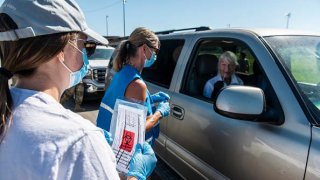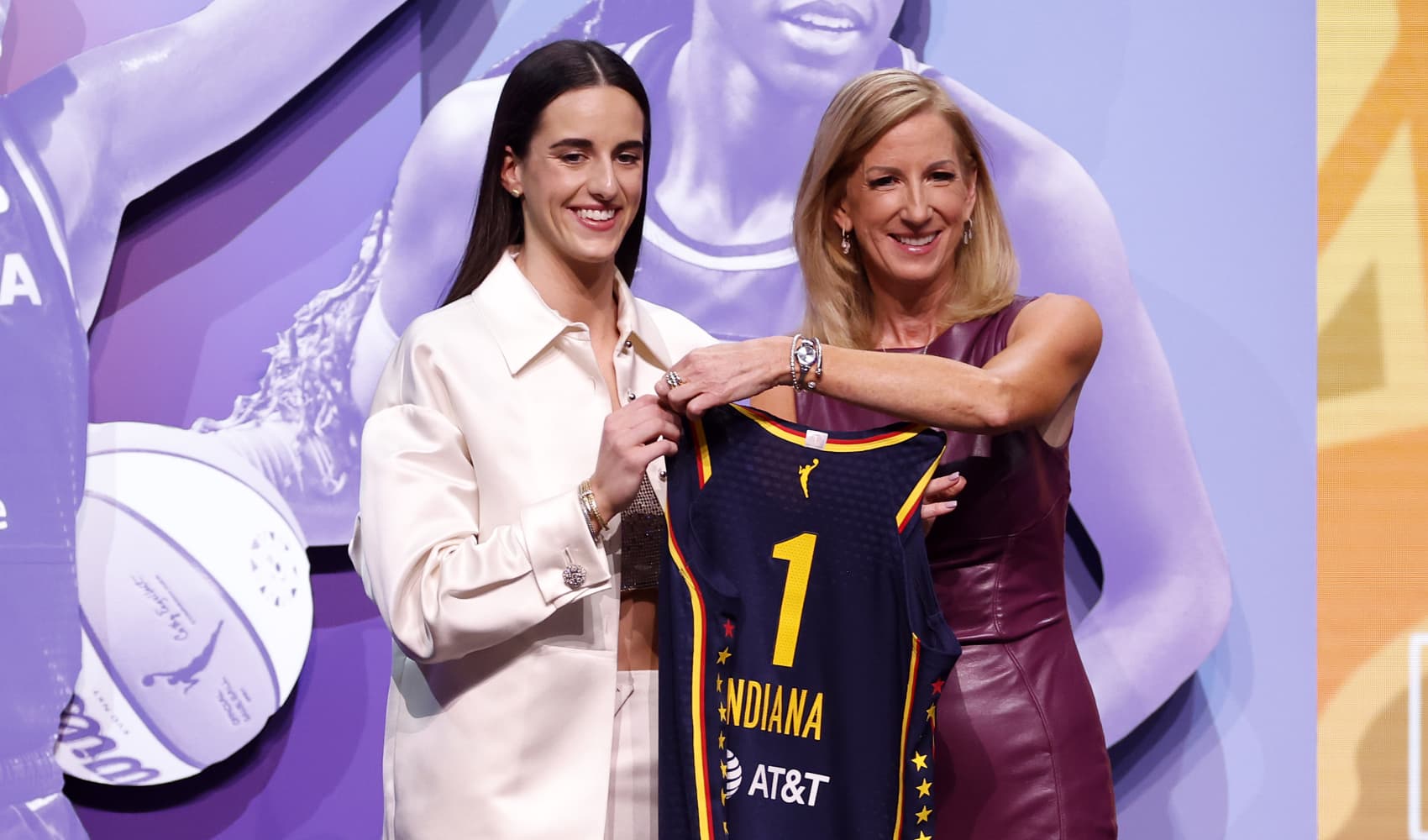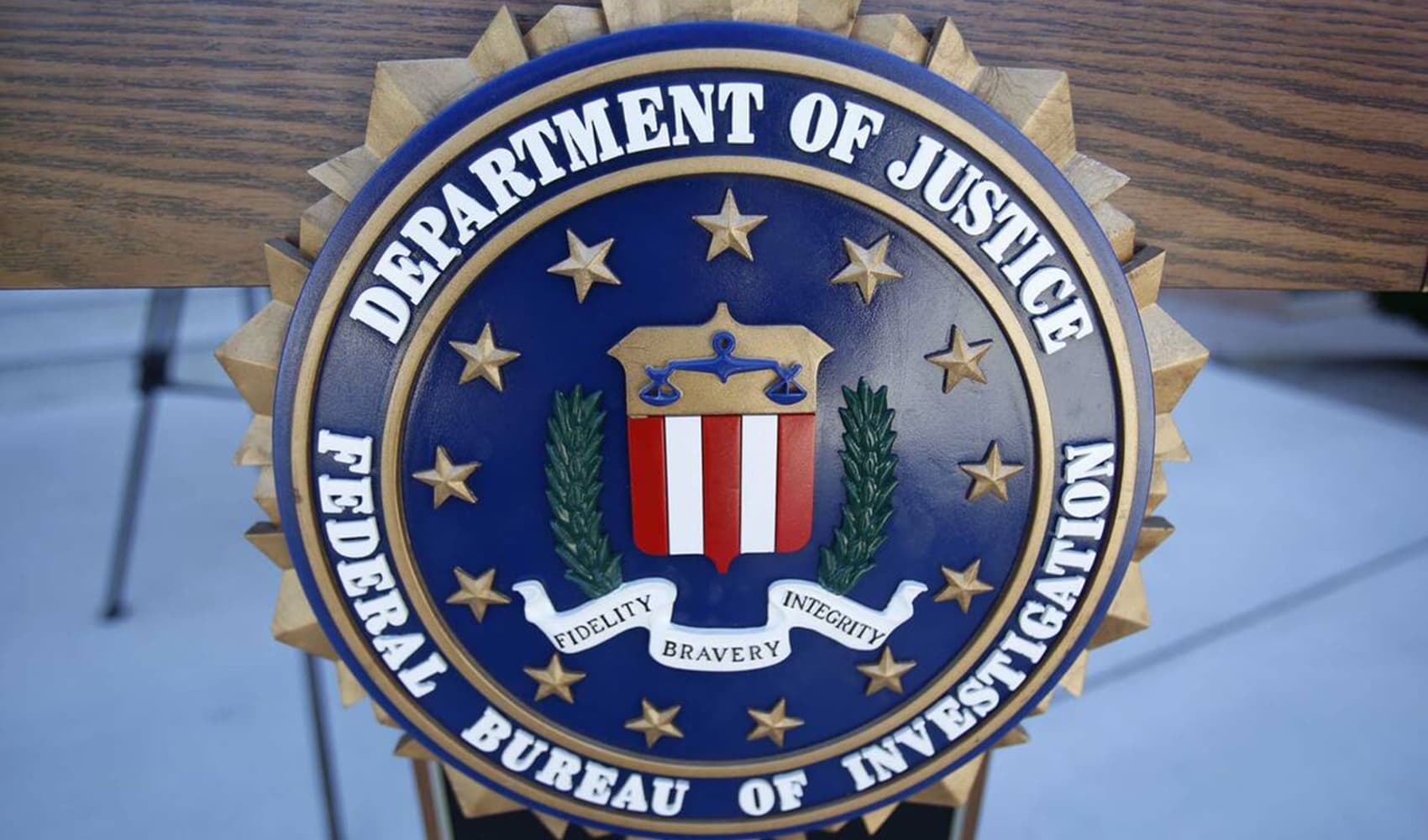
- While the coronavirus pandemic has disrupted the company's normal operations, Quest has steadily ramped up its capacity to conduct testing for the coronavirus throughout the year.
- The company reported net revenues of more than $3 billion for the quarter ended Dec. 31. That's up almost 56% from $1.93 billion reported during the same period in 2019.
- On an unadjusted basis, the company reported $4.21 per share, up almost 127% from 2019.
Quest Diagnostics said Thursday that continued high demand for Covid-19 testing helped drive record revenue and earnings for the company in the fourth quarter and throughout 2020.
While the coronavirus pandemic has disrupted routine blood tests and molecular testing that comprises a bulk of the company's business operations, Quest steadily ramped up its capacity last year to conduct Covid-19 tests.
Here's how Quest performed compared with what Wall Street expected, based on average analysts' estimates compiled by Refinitiv:
Get Philly local news, weather forecasts, sports and entertainment stories to your inbox. Sign up for NBC Philadelphia newsletters.
- Adjusted EPS: $4.48 vs $4.24 expected.
- Revenue: $3 billion vs $2.93 billion expected.
The company reported net revenues of more than $3 billion for the quarter ended Dec. 31, up almost 56% from $1.93 billion during the same period in 2019. On an unadjusted basis, the company's profits more than doubled to $579 million from $253 million during the same time in the prior year.
"In a year dominated by the pandemic, Quest brought critical COVID-19 testing to our country, and delivered record revenues, earnings and cash from operations for the fourth quarter and full year 2020," Chairman and CEO of Quest Steve Rusckowski said in a statement.
Money Report
Rusckowski announced the company will increase its dividend by 10.7% to 62 cents per quarter and will authorize a $1 billion increase in its share repurchase plan.
Quest and other major diagnostic labs were at the center of scrutiny over the summer, when demand for Covid-19 testing services rose dramatically amid a resurgence of infections across parts of the country, particularly the Sun Belt. In July, the company acknowledged that it was taking more than a week to turnaround coronavirus testing results for most patients, similarly to competitors like LabCorp.
Politicians pressed the labs over what was causing the delay in turnaround while some public health specialists called for a need to study and rollout new kinds of testing. While some progress has been made in developing new, rapid-turnaround antigen tests, PCR molecular tests, like those processed by Quest's labs, remain the gold standard in the country.
The company is confident it has the capacity to turn test results around in no longer than three days going forward, Rusckowski said on a conference call with analysts.
Rusckowski noted that the company's non-Covid business recovered during the summer and fall, as daily new cases in the U.S. fell, but the recovery halted as the country approached the winter and another surge of cases.
"Declines in our base business recovered rapidly throughout the summer and fall; however the recovery stalled at the end of November and into December due to the surge in COVID-19 infections across the country," Rusckowski said. "Continued high demand for COVID-19 testing drove our performance through the second half of the year."
Rusckowski added that the company is optimistic about President Joe Biden's plans to expand Covid-19 testing as part of his administration's response to the pandemic. He noted that demand for tests has historically been tied to surges of confirmed Covid-19 cases. But, he said, testing will remain important even if cases decline as more people are vaccinated as tests are used to identify and isolate infected people.
Quest's CFO Mark Guinan said on a conference call with analysts that the company conducted 12.5 million Covid-19 molecular tests in the fourth quarter and about 1 million serology tests. The molecular tests detect an active infection while the serology tests look for antibodies against a past infection. He said the company expects Covid-19 testing to remain important through 2022, but average daily volume will likely decline as more people are vaccinated.
The company established an outlook for the first half of 2021, guiding for $4.85 to $5.15 billion in net revenue. Guinan said a resurgence of cases, perhaps driven by new, more contagious variants of the virus, would likely push the company to the higher end.






